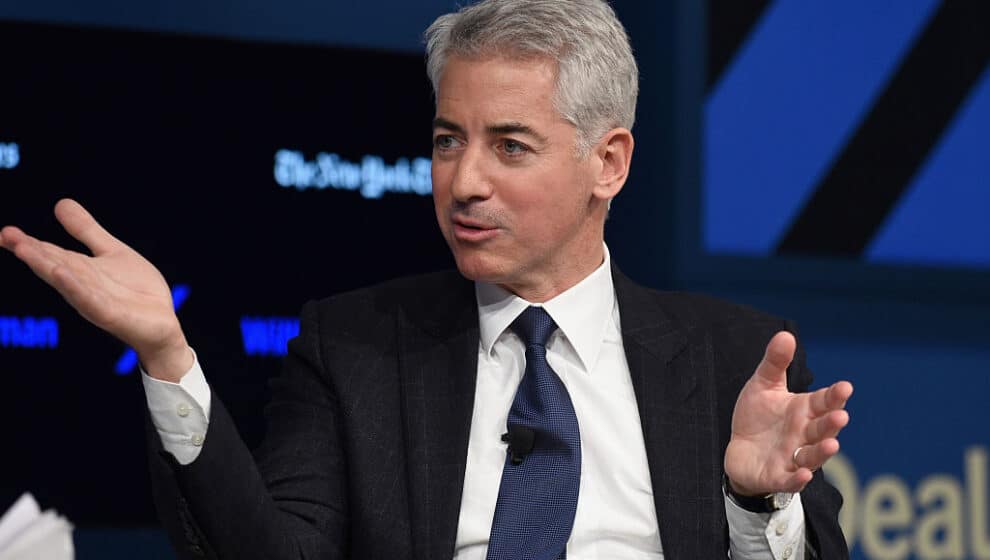Raise interest rates now and keep them high.
Pershing Square Capital CEO Bill Ackman believes the Federal Reserve is on the right path by continuing to raise interest rates in order to fight inflation. However, he fears that the Fed might ease up too soon, sending inflation higher and putting the country into a period of stagflation.
“While there are some early signs of a slowdown in real economic growth,” Ackman writes in a 40-page report released this week, “we believe inflationary pressures are likely to persist due to ongoing supply-demand imbalances.”
The Consumer Price Index (CPI), the standard measure of the rate of inflation, sat at around 2% through 2020. Then the COVID-19 pandemic shut down the economy. The response of the U.S. government was to infuse consumers and businesses with cash. The massive addition to the money supply sent the inflation rate soaring, most recently clocking in at 9%, the highest it has been in 40 years. The Fed reacted slowly—at first calling the high inflation rate “transitory.” However, it has since begun to raise interest rates in order to slow down the economy, reduce overall spending, and ultimately reduce the rate of inflation.
A leading hedge-fund manager and activist investor, Ackman compares our current situation to the 1970s. Then, the Fed began to lower interest rates before inflation had been quelled, in order to stimulate economic growth. Instead of raising rates prematurely, Ackman suggests following the path of 1980s Fed Chair Paul Volcker, who maintained high interest rates for a sustained period, plunging the economy into recession but also successfully taming inflation. “The Federal Reserve lost its inflation-fighting credibility in the 1970s,” he writes.
Ackman sees consumer spending to continue in both the services and shelter components of CPI. Services include non-goods purchasing such as personal service, subscriptions, etc. Shelter pricing relates to home-related spending such as home-buying, renting, and appliances. “Even if real GDP growth is negative, inflation can remain persistently high due to continuing supply-demand imbalances, which are exacerbated by easy monetary policy,” Ackman says.

